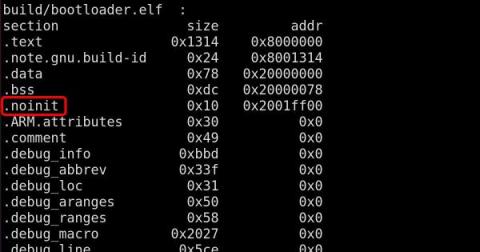What we've been reading in November (2021)
Here are the articles, videos, and tools that we’ve been excited about this November. We hope you enjoy these links, and we look forward to hearing what you’ve been reading in the comments or on the Interrupt Slack.




